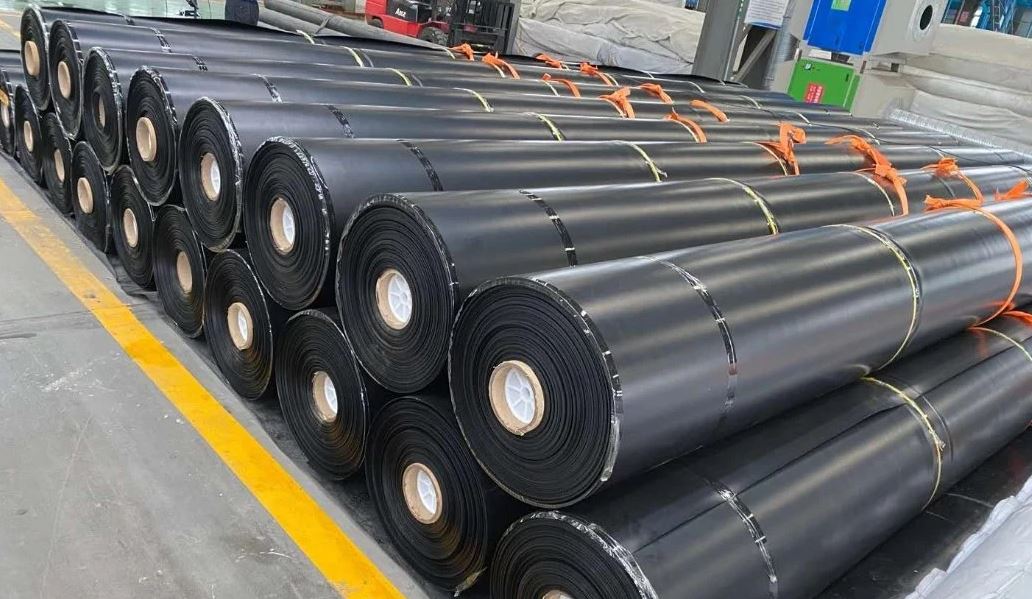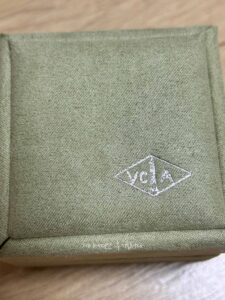
HDPE (High-Density Polyethylene) sheets are a versatile material with a wide range of applications across various industries. Known for their durability, strength, and chemical resistance, HDPE sheets have become increasingly popular in construction, manufacturing, and other fields.
Advantages of HDPE Sheets
Durability and Longevity
HDPE sheets are renowned for their exceptional durability and longevity. Unlike other materials, such as wood or metal, HDPE sheets are resistant to rot, corrosion, and degradation from exposure to harsh environmental conditions. This makes them ideal for outdoor applications where exposure to moisture, UV rays, and temperature fluctuations is common.
Chemical Resistance
One of the key advantages of HDPE sheets is their resistance to chemicals. They are highly resistant to acids, bases, solvents, and other corrosive substances, making them suitable for use in laboratories, chemical processing plants, and other environments where chemical exposure is a concern.
Lightweight and Easy to Handle
Despite their strength and durability, HDPE sheets are lightweight and easy to handle. This makes them easy to transport, maneuver, and install, reducing labor costs and installation time.
Recyclability
HDPE sheets are 100% recyclable, making them an environmentally friendly choice for businesses and industries looking to reduce their carbon footprint. By choosing HDPE sheets, companies can minimize waste and contribute to a more sustainable future.
Applications of HDPE Sheets
Construction
HDPE sheets are commonly used in construction for applications such as wall cladding, roofing, and insulation. Their durability, weather resistance, and ease of installation make them an ideal choice for both indoor and outdoor construction projects.
Packaging
In the packaging industry, HDPE sheets are used to create containers, bottles, and other packaging materials. Their chemical resistance and durability ensure that products remain safe and secure during storage and transportation.
Agriculture
In agriculture, HDPE sheets are used for irrigation, greenhouse construction, and livestock housing. Their resistance to moisture and chemicals makes them well-suited for agricultural applications where exposure to water, fertilizers, and pesticides is common.
Manufacturing
HDPE sheets are also used in manufacturing for applications such as conveyor belts, machinery components, and storage tanks. Their strength, durability, and chemical resistance make them an excellent choice for industrial environments.
Advantages of HDPE Sheets
Durability and Longevity
HDPE sheets are renowned for their exceptional durability and longevity. Unlike other materials, such as wood or metal, HDPE sheets are resistant to rot, corrosion, and degradation from exposure to harsh environmental conditions. This makes them ideal for outdoor applications where exposure to moisture, UV rays, and temperature fluctuations is common.
Chemical Resistance
One of the key advantages of HDPE sheets is their resistance to chemicals. They are highly resistant to acids, bases, solvents, and other corrosive substances, making them suitable for use in laboratories, chemical processing plants, and other environments where chemical exposure is a concern.
Lightweight and Easy to Handle
Despite their strength and durability, HDPE sheets are lightweight and easy to handle. This makes them easy to transport, maneuver, and install, reducing labor costs and installation time.
Recyclability
HDPE sheets are 100% recyclable, making them an environmentally friendly choice for businesses and industries looking to reduce their carbon footprint. By choosing HDPE sheets, companies can minimize waste and contribute to a more sustainable future.
Applications of HDPE Sheets
Construction
HDPE sheets are commonly used in construction for applications such as wall cladding, roofing, and insulation. Their durability, weather resistance, and ease of installation make them an ideal choice for both indoor and outdoor construction projects.
Packaging
In the packaging industry, HDPE sheets are used to create containers, bottles, and other packaging materials. Their chemical resistance and durability ensure that products remain safe and secure during storage and transportation.
Agriculture
In agriculture, HDPE sheets are used for irrigation, greenhouse construction, and livestock housing. Their resistance to moisture and chemicals makes them well-suited for agricultural applications where exposure to water, fertilizers, and pesticides is common.
Manufacturing
HDPE sheets are also used in manufacturing for applications such as conveyor belts, machinery components, and storage tanks. Their strength, durability, and chemical resistance make them an excellent choice for industrial environments.
Conclusion
HDPE sheets are a versatile and durable material with a wide range of applications across various industries. Their exceptional strength, chemical resistance, and recyclability make them an ideal choice for construction, packaging, agriculture, manufacturing, and more.







